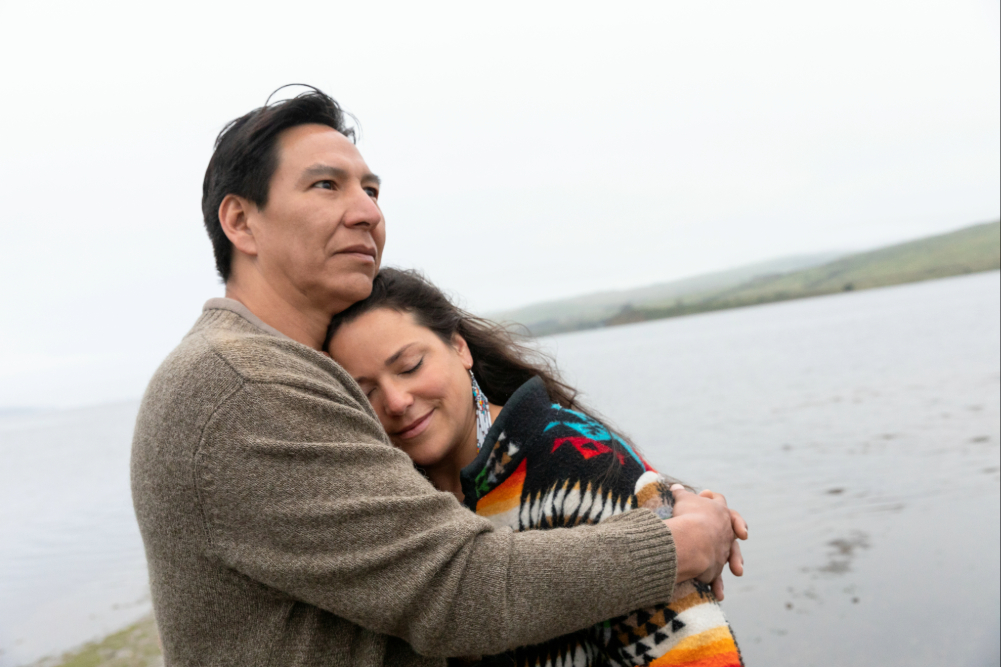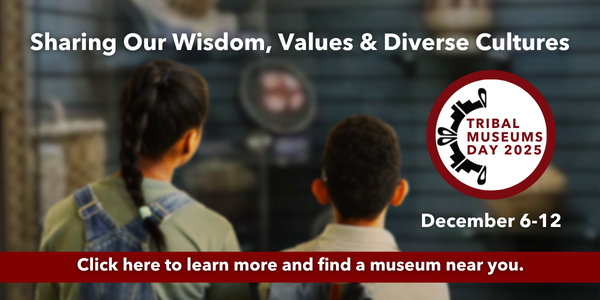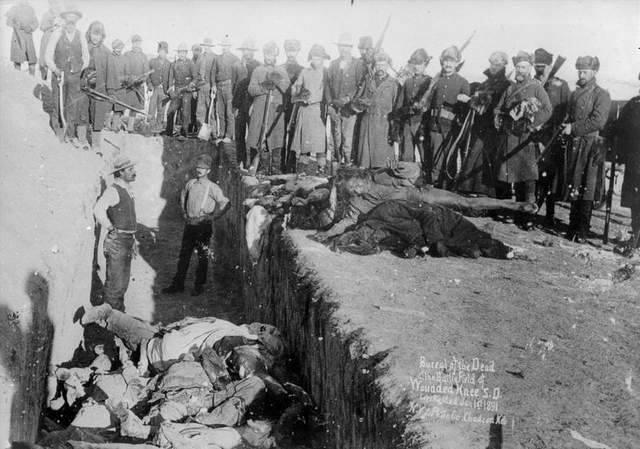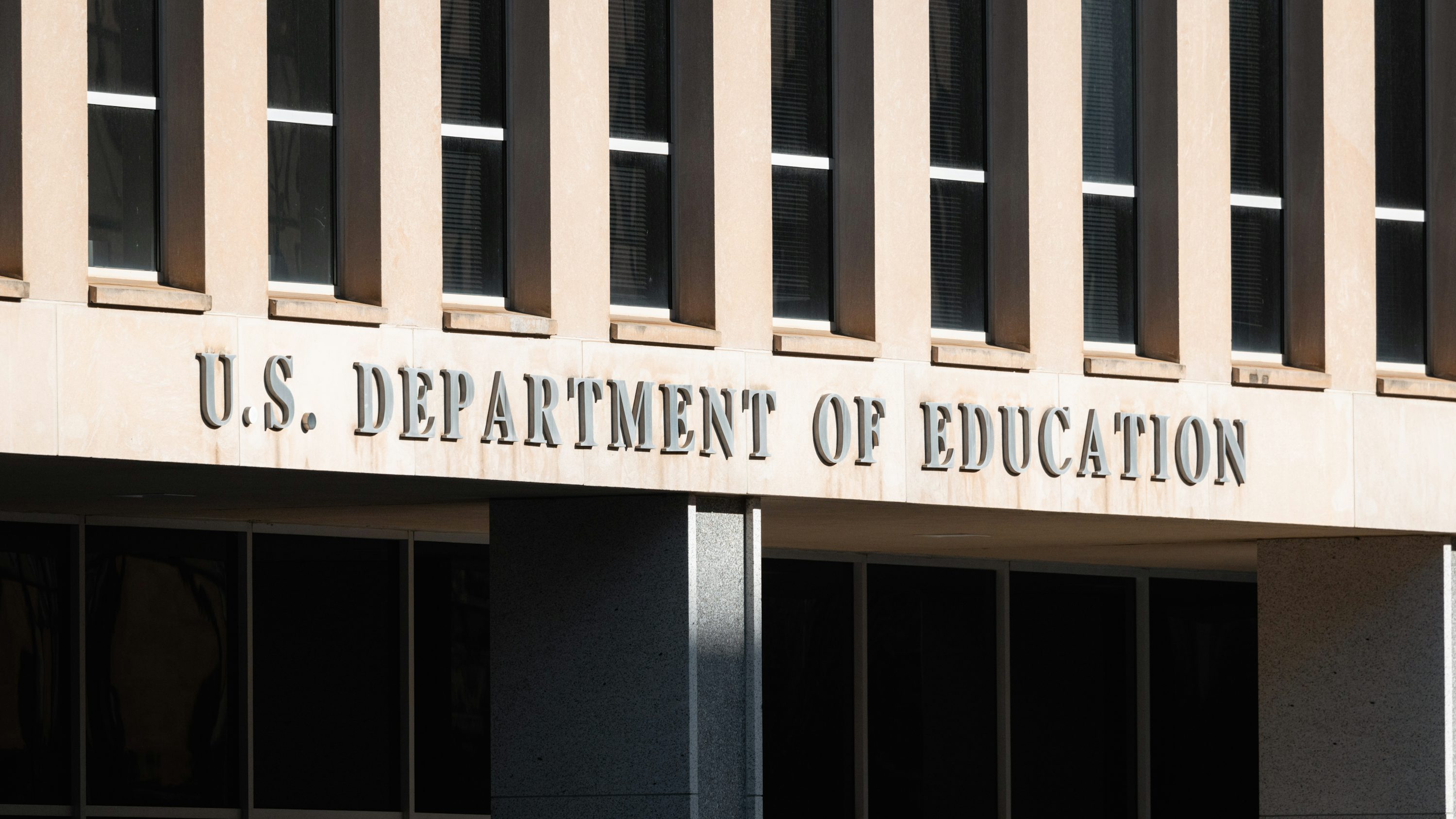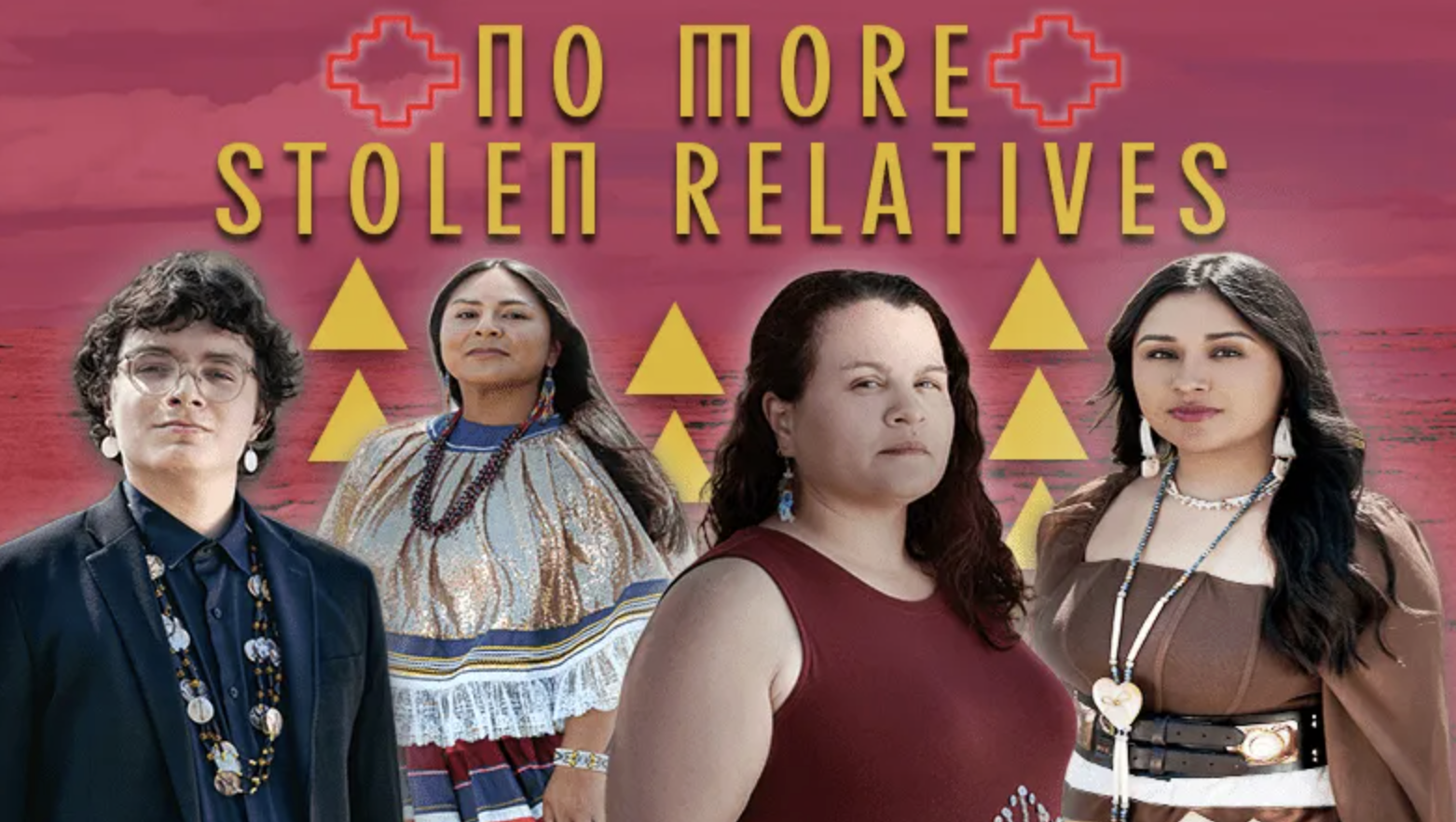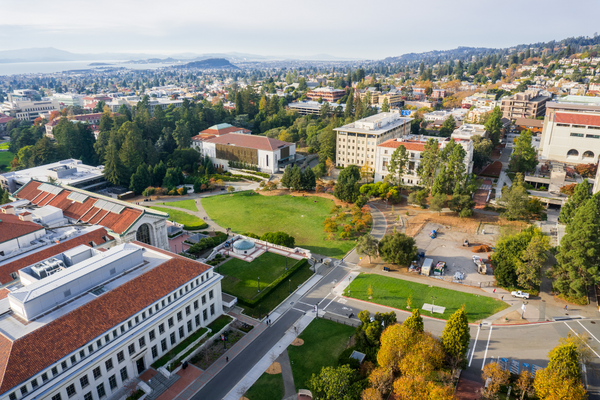
- Details
- By Jenna Kunze
Among Native communities, federal officials, and museum employees across the United States, The University of California at Berkeley has a longstanding reputation as the institution with the most Native American human remains and associated burial objects in its collection.
At its peak, UC Berkeley’s Phoebe A. Hearst Museum of Anthropology held about 12,000 ancestors, according to the data it self-reported under federal law in the late '90s.
Want more Native News? Get the free daily newsletter today.
In the last several decades, since both federal and state law in California have mandated the catalog and return of Native American human remains and burial objects, UC Berkeley has returned 3,000 ancestors— or just 25 percent of its total holdings.
But one-third of those repatriations have taken place in roughly the last year since the California Legislature’s passage of updated, more stringent state law in late 2020, signaling a more steady stream of repatriations to come.
Additionally, in just the last year, the institution returned about 55,000 burial items or belongings back to tribes, or about 48 percent of its total holdings.
“I think there should have been more remains returned,” California State Representative and member of the Serrano/Cahuilla tribe, James Ramos, told Native News Online. “I don’t know what the hold up is. When tribal people are coming and saying, ‘those are our family members, and an institution is not expediting them, there’s a problem.”
What’s the history?
Sabrina Agarwal, Professor of Anthropology and Special Adviser to the Chancellor at the University of California Berkeley, presented on the university’s history and current efforts to return ancestors during an October conference on repatriation held by the Association on American Indian Affairs.
Agarwal noted prior stall tactics at UC Berkeley, including past practices of consulting only with federally recognized tribes, despite the fact that the surrounding Bay Area is home to mostly non-federally unrecognized tribes; prioritizing scientific and scholarly evidence and discounting tribal knowledge in determining cultural affiliation; forbidding tribal representatives to participate with committee discussions on claim reviews; and not having a clear timeline, or transparent process.
“These are really tactics to delay repatriation that happened for decades in the history of our campus,” Agarwal said. “Perhaps the most painful and upsetting thing that continued with research and teaching up until 2018 with culturally unidentified ancestors’ remains.”
She added that the vast majority—or 76 percent of UC Berkeley’s current holding of 9,000 ancestors and 13,000 associated burial objects—can be affiliated with non-federally recognized tribes from two counties in the Bay Area, Contra Costa County and Alameda County. According to Agarwal, UC Berkeley is in consultation with the tribes where geographic affiliation is known.
What changed?
Agarwal reconstructed a timeline of events that have led to institutional change when it comes to NAGPRA over the last five years or so:
- In 2017, Native American leadership at UC Berkeley organized its first tribal council for Native American community members, where members expressed their frustration about how repatriation was obstructed on campus, Agarwal said.
- This led to a change on campus where, in 2018, the museum was no longer involved with reviewing and handling claims. A new review committee was created with a majority of Native American members and a clear mandate for repatriation. Additionally, the university enacted a moratorium on all research and teachings using Native American human remains and belongings.
- Also, in 2018, the State Legislature passed a CalNAGPRA assembly bill which required state institutions to expedite repatriation and to make clear all of the holdings that they had. That bill specifically called out Berkeley, stating, “The Phoebe A. Hearst Museum of Anthropology at the University of California, Berkeley, contains one of the largest collections of Native American human remains and cultural items within the United States, and other University of California campuses and museums also contain collections of human remains and cultural items.”
- In 2020, a subsequent CalNAGPRA assembly bill, brought by assembly member Ramos, passed. It focused on prioritizing tribal knowledge and ensuring an open process for the participation of tribal governments.
- In December 2021, UC Berkeley drafted a new NAGPRA policy that incorporated CalNAGPRA and emphasizes tribal consultation and a tribally-led process of repatriation.
Agarwal summarized the biggest change in UC Berkeley’s NAGPRA work as it shifts toward privileging tribal knowledge above all else.
“Our perspective is that tribes are the ones that know what the sacred objects are for. We trust their knowledge, and we don’t need to have a long set of lengthy discussions about it,” Agarwal said. “We don’t ask for a huge stack of papers. If a tribe is to tell us something is an object of cultural patrimony, that’s enough.”
What’s next?
Over the summer, UC Berkeley completed its first significant repatriation under its new policy, Agarwal said. The institution returned 553 ancestors to the Federated Indians of Graton Rancheria in California, along with close to 5,000 belongings and more than 1,600 objects of cultural patrimony.
But still, a state audit of the University of California’s three campuses (at Berkeley, Davis, and Los Angeles) conducted in 2019 and published the following year shows that — until Native communities began demanding change, including via Ramos’ legislation—very little progress was made.
It also shows that Berkeley’s inventory reported—today totaling just over 9,000 ancestors and about 114,000 burial artifacts—is short. The state audit report puts the station’s NAGPRA inventory at a cumulative 500,000 ancestors and burial objects.
“UC Berkeley has claimed to be working on it for decades,” Ramos said. “However, it wasn’t until I introduced AB275 and signed it into law and started having hearings as a state legislator on where they were at and the implementation of [the law] that they started to then really work to repatriate remains back to California’s first people and Native Americans throughout the nation.
Another audit report on the UC system is due for publication today, Nov. 17. Additionally, Ramos said the State Auditor is currently in the process of surveying the California State University Archives for NAGPRA compliance, as well.
“As Indian people, we’ve been fighting for repatriation for years,” Ramos said. “Now in the year 2022, going into 2023, it still remains a top issue for many in the state of California and across the Nation to get our remains back into the ground where they can properly rest.”
More Stories Like This
50 Years of Self-Determination: How a Landmark Act Empowered Tribal Sovereignty and Transformed Federal-Tribal RelationsSRMT Child Support Enforcement Unit Delivers Holiday Food Boxes to Families
The Shinnecock Nation Fights State of New York Over Signs and Sovereignty
Navajo Nation Council Members Attend 2025 Diné Action Plan Winter Gathering
Ute Tribe Files Federal Lawsuit Challenging Colorado Parks legislation
Help us defend tribal sovereignty.
At Native News Online, our mission is rooted in telling the stories that strengthen sovereignty and uplift Indigenous voices — not just at year’s end, but every single day.
Because of your generosity last year, we were able to keep our reporters on the ground in tribal communities, at national gatherings and in the halls of Congress — covering the issues that matter most to Indian Country: sovereignty, culture, education, health and economic opportunity.
That support sustained us through a tough year in 2025. Now, as we look to the year ahead, we need your help right now to ensure warrior journalism remains strong — reporting that defends tribal sovereignty, amplifies Native truth, and holds power accountable.
 The stakes couldn't be higher. Your support keeps Native voices heard, Native stories told and Native sovereignty defended.
The stakes couldn't be higher. Your support keeps Native voices heard, Native stories told and Native sovereignty defended.
Stand with Warrior Journalism today.
Levi Rickert (Potawatomi), Editor & Publisher





